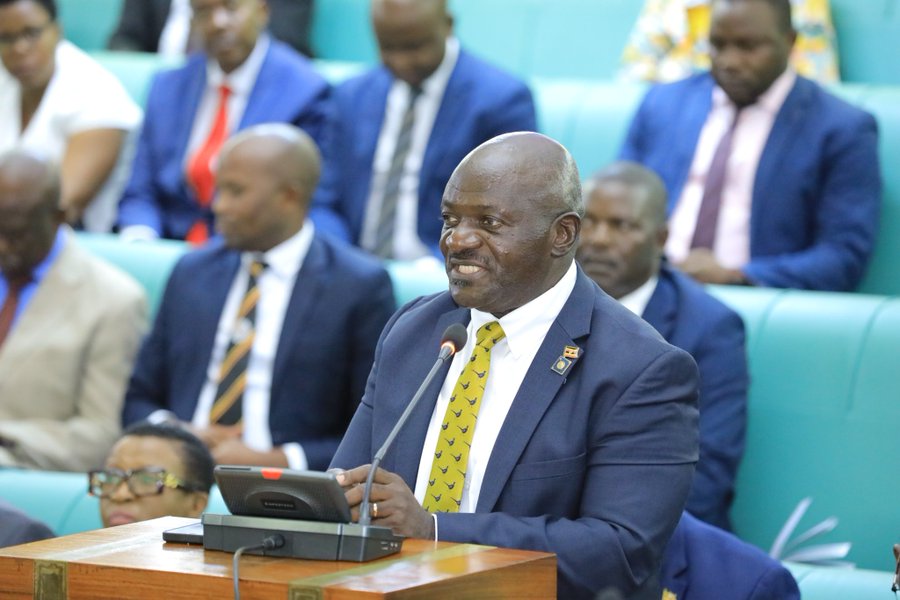The Uganda National Roads Authority (UNRA) and the Uganda Road Fund have been disbanded, with their duties reverted to the Ministry of Works and Transport. This action follows the revocation of the Uganda Road Fund Act, 2008, and the Uganda National Roads Authority Act, 2006, which initially established these entities. The development comes after the passage of the Uganda Road Fund (Amendment) Bill, 2024, and the Uganda National Roads Authority (Amendment) Bill, 2024, by Parliament, presided over by Speaker Anita Among on Wednesday, November 6, 2024.
Once enacted, these Bills will put into effect the government’s 2021 rationalization policy, which aims to eliminate overlapping roles, reduce government expenditure, and maintain high-quality service delivery.
Gen. Katumba Wamala, the Minister for Works and Transport, defended the move to reintegrate the agencies into his ministry, arguing that their creation was misguided. “I am not sure where the idea to establish these agencies originated. It seems the intent was to weaken central governance. Now that the government is addressing this, we will be held accountable and we will deliver,” stated Katumba Wamala.
He assured Parliament that his ministry would integrate the staff from the dissolved agencies, ensuring that no one is left without employment.
“We will not contribute to unemployment; we will verify all employees of UNRA, and those willing to transition to the public service framework will be welcomed,” he said.
Hon. Musa Ecweru, the State Minister for Works, noted that the government would maintain continuity in the operations of the abolished agencies, referencing the District Road Committees established under the Uganda Road Fund, which will continue to oversee road projects at the local government level.
Hon. Dan Kimosho, Chairperson of the Committee on Physical Infrastructure, who presented the committee’s findings on the two agencies, urged the government to allocate funds for local government road maintenance, a practice previously managed by the Uganda Road Fund.
He raised concerns that spreading the responsibilities of the Road Fund among various government bodies could hinder service delivery.
By dissolving the Uganda Road Fund, he indicated that the government would save Shs3.8 billion in administrative costs and Shs2.6 billion in wages, with an additional Shs395 billion budgeted for road maintenance to be integrated under the ministry.
Addressing ongoing projects managed by UNRA, Kimosho called on the government to ensure minimal disruption, conduct comprehensive contract reviews, renegotiate restrictive terms, and create strategies to mitigate potential project suspensions and penalties.
“The committee noted that some existing contracts contain terms that tie the government to a specific implementing agency, particularly UNRA. Any deviation from these terms, such as transferring projects to other agencies, could result in significant consequences, including partial or full project suspension,” he said.
He highlighted the loan agreements between the government and the African Development Bank for roads such as Laropi-Moyo-Afoji and Katuna-Muko-Kamuganguzi as examples requiring diligent follow-up.
The committee recommended a three-year transitional period for managing the transfer of UNRA’s roles to the ministry, to facilitate the seamless absorption of responsibilities, minimize disruptions, and ensure the continuity of road development and maintenance.























